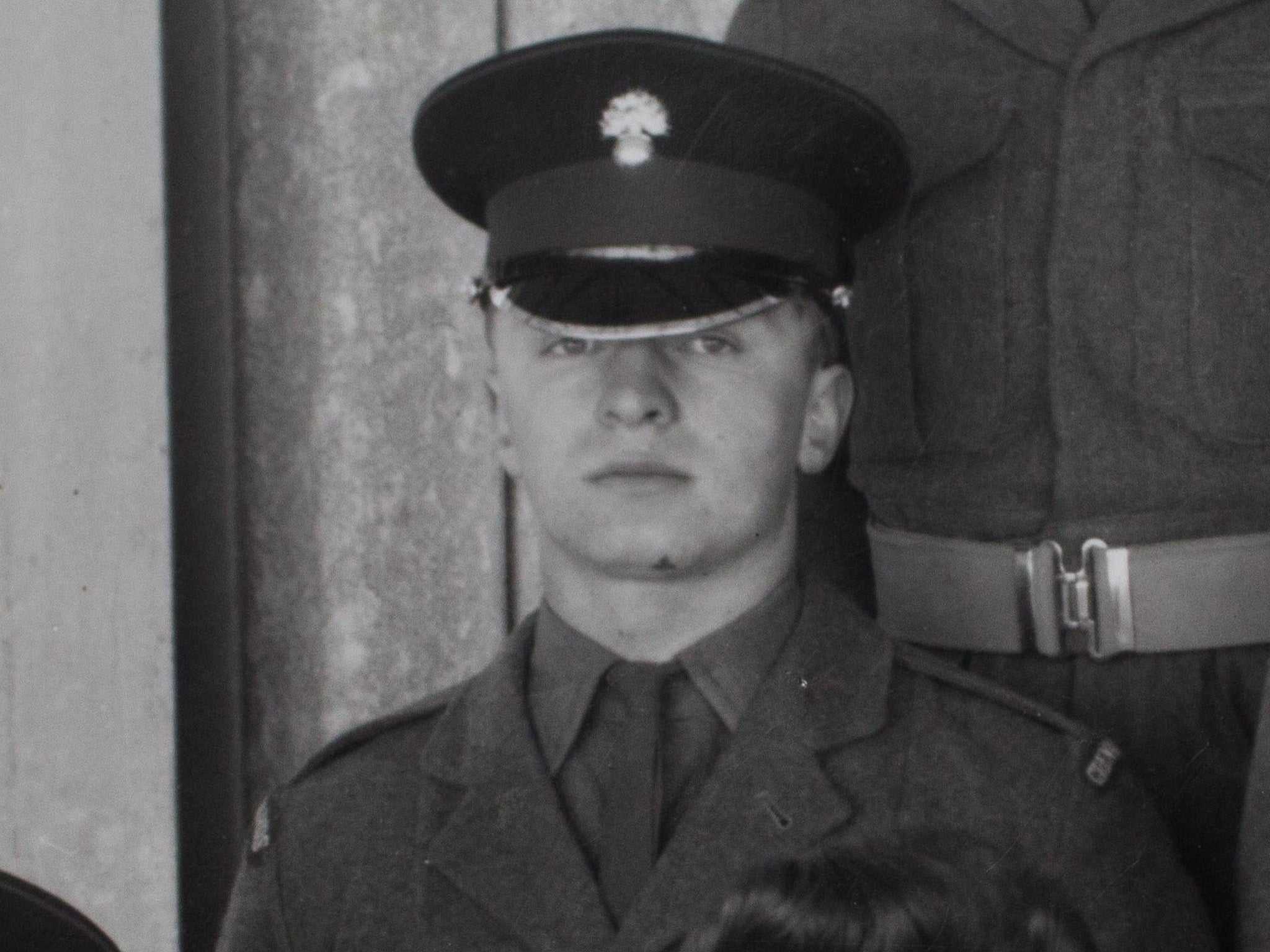British Army veteran who has lived in UK for 67 years faces fight for UK passport amid Windrush scandal
'I feel as though the least I deserve is my British citizenship'
Your support helps us to tell the story
From reproductive rights to climate change to Big Tech, The Independent is on the ground when the story is developing. Whether it's investigating the financials of Elon Musk's pro-Trump PAC or producing our latest documentary, 'The A Word', which shines a light on the American women fighting for reproductive rights, we know how important it is to parse out the facts from the messaging.
At such a critical moment in US history, we need reporters on the ground. Your donation allows us to keep sending journalists to speak to both sides of the story.
The Independent is trusted by Americans across the entire political spectrum. And unlike many other quality news outlets, we choose not to lock Americans out of our reporting and analysis with paywalls. We believe quality journalism should be available to everyone, paid for by those who can afford it.
Your support makes all the difference.A grandfather who came to the UK aged seven, before going on to serve in the Grenadier Guards, said he felt "betrayed" when he was refused a British passport.
Tadeusz Polanski, 74, was born in the colony of Southern Rhodesia, a predecessor of modern day Zimbabwe, in 1944.
His Polish parents fled there from the Nazi-occupied, Polish city of Krakow during the Second World War.
The family then moved to Britain and Mr Polanski spent six years in the Army, before going on to run a pet shop in Birmingham for 33 years.
But while his father, mother, brother and sister all became British citizens, Mr Polanski remains limbo more than 20 years after his first application for a passport was refused in 1996.
"Essentially I was told that even though I served in the British Army, I was not British enough to qualify for a passport," he said. "This is my country, I have served in the forces and paid my national insurance and taxes. I feel as though the least I deserve is my British citizenship."
He added that the Home Office told him to apply for a South African passport if he wanted to travel.

Mr Polanski's situation was raised in parliament by his MP Richard Burden during the debate over the Windrush immigration scandal last week.
Home Secretary Amber Rudd said that she found the case "very surprising" and asked for details to be sent to her personally.
She added: "The default position of the team that I am setting up will be to get the information and to accept people. The only situation where people would not be accepted is on grounds of serious criminality."
The Home Office confirmed they were contacting Mr Polanski about his case.
Mr Polanski said he had lived in "constant fear" that he would not be allowed back into the country if he left to visit family in Australia and Poland.
"That's my worry, this is my home, I don't want to be pushed out," he said. "I am getting too old apply for another passport from a different country. You serve for your country and take part in ceremonies for the Queen, pay taxes only for this.
"I feel betrayed, I feel like they've gone back on their word.
He added: "There are probably more cases out there like mine, people who couldn't help how they were brought here."
Mr Polanski, who lives in Birmingham, has been married to his wife Patricia for 50 years and now has three children and four grandchildren.
"I had made my whole life here, it's just devastating really," he said.
During his time in the Grenadier Guards he was posted in Germany and Cyprus and took part in the Changing of the Guard and Trooping of the Colour ceremonies.
He continues to treasure photographs and certificate of service with the army between 1961 and 1967.
A Home Office spokesman said: “The Home Secretary has been clear, this is about people who have built their lives here in the UK and contributed so much to our society. We don't want them to feel unwelcome or to be in any doubt about their right to remain here and she has apologised unreservedly for any distress caused.
“The vast majority will already have documentation that proves their right to be here. For those that don't, we have established a new dedicated team to quickly help them get the documentation they need and ensure this is resolved as soon as possible.
“We've also set up a webpage and have been speaking to charities and community groups to ensure advice and reassurance is provided to those affected.”

Join our commenting forum
Join thought-provoking conversations, follow other Independent readers and see their replies
Comments